By Sine N. Just
As the extent to which digital technologies already saturate societies is becoming apparent to growing numbers of global citizens, the question of whether ubiquitous digitalization is desirable is moving to the forefront of public debate: as we combat COVID-19, should contact tracing apps and digital vaccination passports be mandatory for all citizens? In the battle against crime, should facial recognition software be integrated into surveillance equipment? Seeking to vanquish child abuse, should predictive algorithms assist social workers’ case evaluation? These are but three of the many issues that are being debated at present. And what about the (social) media platforms on which these debates are conducted? Invoking freedom of speech, should they remain unregulated? Seeking social justice, should hate speech and incitement to violence be banned? As decision making and opinion formation alike are becoming thoroughly digitalized, we need to discuss the content of controversies about data and algorithms as well as the form of datafied and algorithmic controversies.
A new research project aims to do just that. Generously funded by the Villum and Velux Foundations, the Algorithms, Data and Democracy-project will investigate issues of public concern about digitalisation and datafication as these are shaped by digital technologies and articulated in the digital infrastructures of democracy. The aim is to understand current concerns and challenges so as to be able to suggest ways in which the algorithmic organisation of data can engage, enlighten and empower individual citizens and democratic institutions. Turning potential crises of trust in democratic societies as well as in novel technologies into opportunities for enhanced digital democracy.
The ADD-project will achieve this aim through strong interdisciplinary integration as well as disciplinary expertise. It brings together a team of researchers with unique competences in computer science and technological research, the humanities and the social sciences, building common theoretical and methodological approach in the process of studying empirical cases. Further, the project integrates scientific research and public outreach by involving relevant stakeholders and interested citizens from its outset and throughout the 10 years of its existence. At first, we will seek broad engagement, listening to concerns and opinions of people and organizations. As we develop our research, we will seek to enlighten the debate through the communication of results. Finally, we will join in conversations that can empower citizens and inspire policy-makers to instigate positive change.
Read more about the project on our website and follow it as it unfolds by subscribing to our newsletter.

